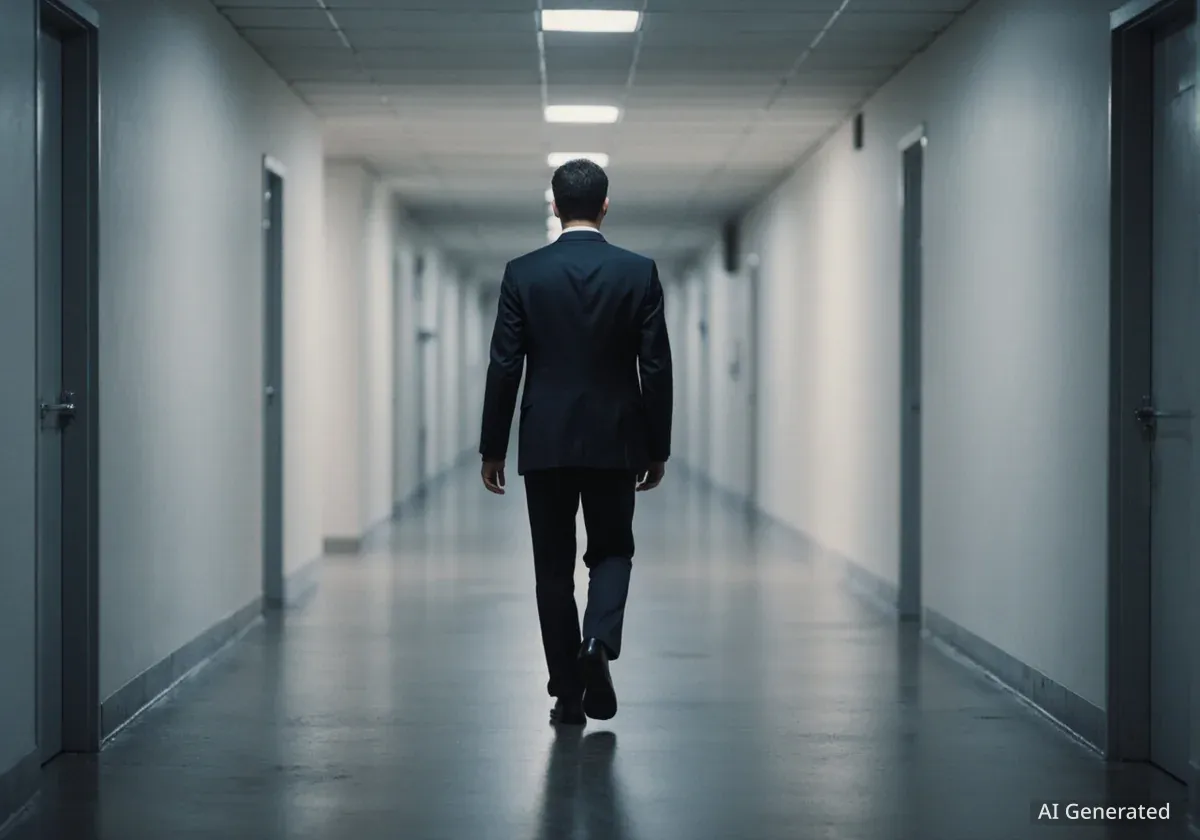Taurees Habib, a sound engineer from Karachi, Pakistan, has achieved a significant milestone by winning a Grammy Award. Habib received the prestigious award in February for his work on the soundtrack of 'Dune: Part Two.' This makes him the first Pakistani to win a Grammy for engineering and the second Pakistani overall to receive the coveted trophy, following singer Arooj Aftab.
Habib initially kept the news private, waiting for the physical golden gramophone to arrive at his residence. He publicly announced his achievement on social media on Tuesday, sharing his excitement and acknowledging the importance of this moment for Pakistan's music and film industries.
Key Takeaways
- Taurees Habib is the first Pakistani to win a Grammy for sound engineering.
- He is the second Pakistani to win a Grammy, after Arooj Aftab.
- The award was for Best Score Soundtrack for Visual Media for 'Dune: Part Two.'
- Habib worked on Hans Zimmer’s acclaimed score.
- He kept the news private until the physical trophy arrived.
A Historic Achievement for Pakistani Talent
Taurees Habib's Grammy win highlights the growing recognition of Pakistani talent on a global scale. His contribution to the 'Dune: Part Two' soundtrack, composed by Hans Zimmer, secured the award for Best Score Soundtrack for Visual Media (Includes Film and Television).
The trophy bears a clear engraving: “Taurees Habib, Engineer. Best Score Soundtrack for Visual Media — 2024, Dune: Part Two (Hans Zimmer).” This inscription confirms his direct involvement and crucial role in the production.
“I’m so incredibly honoured to have received this for my work on Dune: Part Two, and to be the first Pakistani to receive this for engineering and only the second Pakistani ever to win a Grammy,” Habib wrote in a Facebook post. “It’s crazy to walk into my living room and see this thing just sitting there. I’m so lucky to have gotten to go along for the ride with all the people on our team who put their blood, sweat, and tears into bringing @hanszimmer’s vision to life.”
The Journey to the Golden Gramophone
Habib shared a video on Instagram documenting the moment he unboxed the award. In the video, he explained his decision to delay the announcement. “So something happened this February, and I haven’t really talked about it. It felt like one of those things that’d be better to show than tell about,” he said, before revealing the trophy.
This approach allowed him to share the physical manifestation of his hard work and success directly with his audience. The visual impact of the golden gramophone underscored the magnitude of his achievement.
Grammy Facts
- The Grammy Awards are presented by the Recording Academy of the United States.
- They recognize outstanding achievements in the music industry.
- The first Grammy Awards ceremony was held on May 4, 1959.
- There are over 80 different categories across various music genres and technical fields.
Joining an Elite Group
With this win, Taurees Habib joins singer Arooj Aftab as one of only two Pakistanis to ever receive a Grammy Award. Arooj Aftab made history in 2022 by winning the Grammy for Best Global Music Performance for her song 'Mohabbat.'
Habib's win in the engineering category broadens the scope of Pakistani representation at the Grammys, demonstrating excellence not only in performance but also in technical aspects of music production.
The 'Dune: Part Two' Score and Hans Zimmer's Legacy
Hans Zimmer’s score for 'Dune: Part Two' faced a unique challenge. It was declared ineligible for the Oscars because it contained music carried over from 'Dune: Part One.' Despite this, the score triumphed at the Grammys, securing the award for Best Score Soundtrack for Visual Media.
This victory marked the fifth Grammy for legendary composer Hans Zimmer. His previous wins include awards for scoring 'The Dark Knight,' 'Crimson Tide,' and 'The Lion King,' as well as the song 'Circle of Life' from 'The Lion King.'
Background on 'Dune: Part Two'
'Dune: Part Two' is a science fiction film directed by Denis Villeneuve. It is the second installment in the 'Dune' film series, based on Frank Herbert's 1965 novel. The film received critical acclaim for its visuals, direction, and musical score, which was a significant component of its atmospheric storytelling.
Hans Zimmer, a German film score composer and record producer, is renowned for integrating electronic music sounds with traditional orchestral arrangements. His work on 'Dune' is particularly noted for its innovative soundscapes.
Impact on Pakistan's Creative Industries
Habib’s Grammy win serves as a powerful reminder of the talent within Pakistan's music and film industries. It underscores the potential for local artists and technicians to achieve international recognition and leave a lasting mark on the global stage.
Such achievements inspire aspiring professionals and draw further attention to the creative output emerging from Pakistan. It also encourages investment and development within these sectors.
The success of individuals like Taurees Habib and Arooj Aftab reinforces the message that quality work transcends geographical boundaries. Their wins contribute to a positive global image of Pakistani artistry and technical skill.
For many, seeing a fellow countryman receive such a prestigious international award can be a source of immense pride and motivation. It validates the hard work and dedication required to excel in highly competitive fields like sound engineering and music production.
Looking Ahead: Future for Pakistani Talent
The consecutive Grammy wins for Pakistani artists suggest a positive trend. It indicates that Pakistani creatives are not only participating but also excelling on the world stage.
- Increased Visibility: These awards bring more global attention to Pakistani artists and their work.
- Inspiration for Youth: They provide role models for young Pakistanis aspiring to careers in creative fields.
- Industry Growth: Such recognition can foster growth and investment in Pakistan's local music and film industries.
- Cultural Exchange: It promotes greater cultural exchange and understanding through art.
According to industry observers, these achievements could lead to more collaborations between Pakistani and international artists, further enriching the global music landscape.
The sound engineering field, in particular, often operates behind the scenes. Habib's win sheds light on the critical role engineers play in bringing musical visions to life. His success demonstrates that technical mastery is just as crucial and deserving of recognition as artistic performance.
This recognition is a testament to the high standards and professional capabilities present within Pakistan's creative and technical communities. It signals a promising future for Pakistani talent in all aspects of global entertainment.




